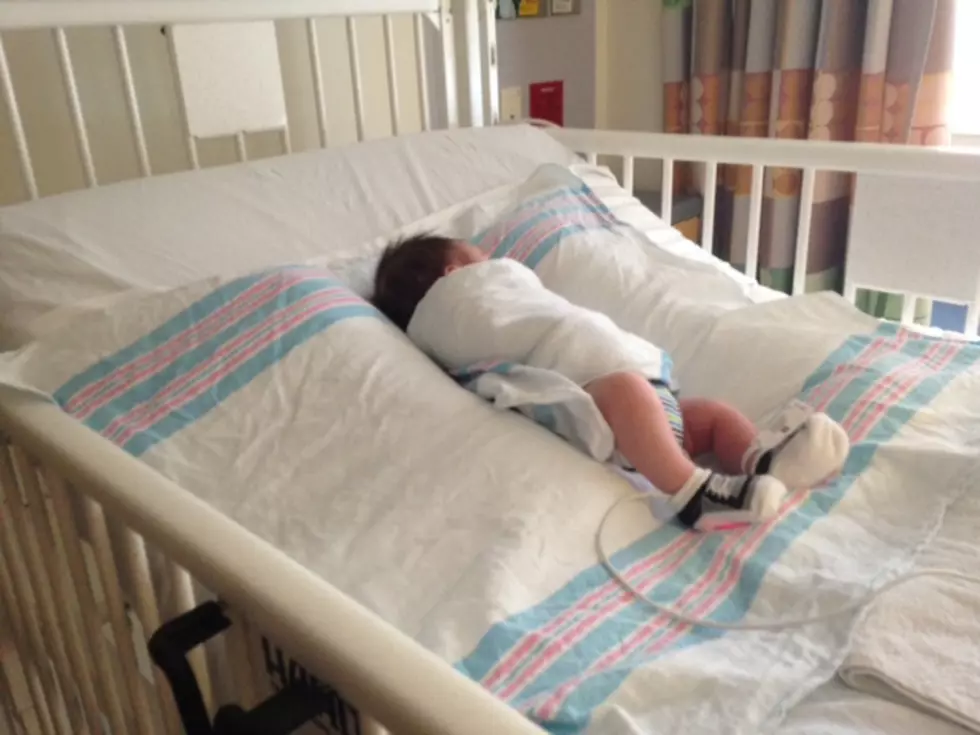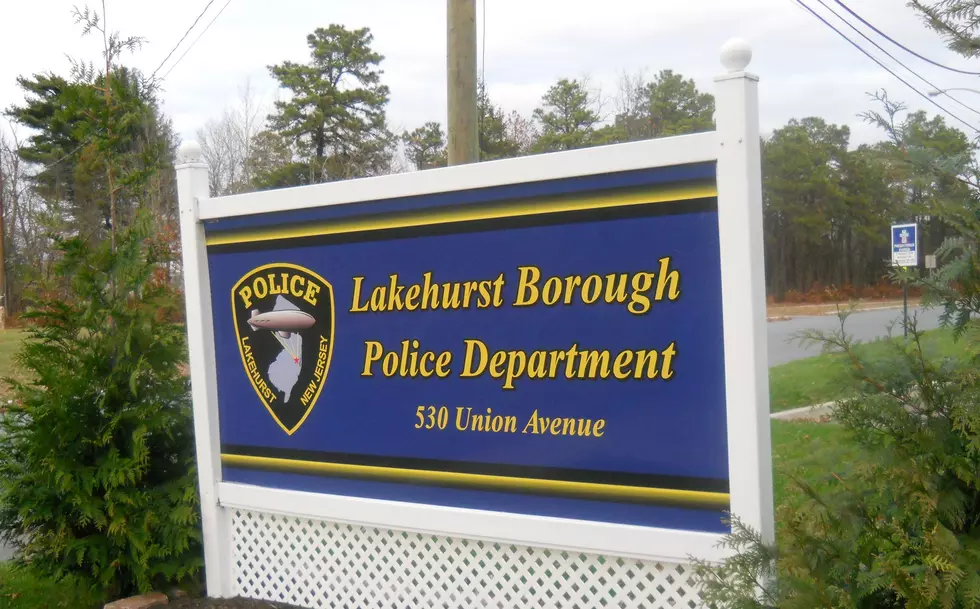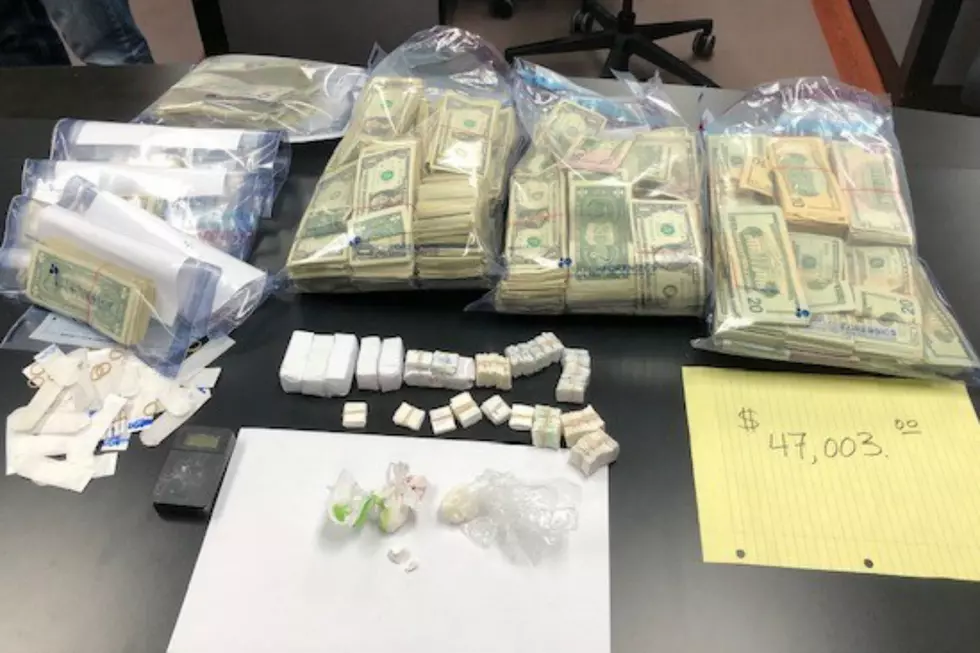
Helping NJ newborns go through drug withdrawal
As the heroin and prescription painkiller abuse epidemic rages on in New Jersey, hundreds of women addicted to drugs give birth every year to children with a condition known as neonatal abstinence syndrome (NAS). These newborns face a variety of medical and behavioral challenges that can sometimes be life-threatening.
A program to address the needs of babies with NAS was established at PSE&G Children's Specialized Hospital in New Brunswick over five years ago, serving about 12 to 15 babies per year.
"When these babies are born and the umbilical cord is cut they will frequently go through severe withdrawal and may have excessively high heart rates, respiratory rates, abnormal breathing patterns and they may be going through severe gastric cramping and they may be inconsolable, even when they're being held," according to Dr. Sharon Burke, director of the Infant and Toddler Rehabilitation program at Children's Specialized Hospital.
According to an article published in 2012 in the Journal of the American Medical Association, the number of newborns diagnosed with NAS increased from 1.20 to 3.39 per 1000 births per year from 2000 to 2009.
Babies suffering from NAS experience withdrawal or abstinence symptoms shortly after birth, and some of them can last for up to six months.
"A lot of these babies that arrive from NICU's (neonatal intensive care unit) are very stiff. They're hypertonic and they have tendencies almost toward spasticity and muscle tremors," Burke said. "While the baby is going through the detox program, our physical therapists are working with decreasing the muscle tones in their arms and their legs - helping these babies move using accessory muscles of the abdomen."
NAS babies also experience other symptoms including: high-pitched and loud crying, yawning, sweating, seizures, sleeping problems and dehydration.
Burke said they are able to medicate these babies and treat their withdrawal in a way similar to what their mother may go through when she is being treated for withdrawal.
"So if the baby has been exposed to opiods in utero, we are going to use an opiod to help that baby withdraw - very often it's either methadone or morphine," Burke said.
The dose is gradually lowered until the baby is off medication, typically over a period of 4 to 6 weeks, while different therapies are administered.
"These babies need to learn how to self-calm. We need to help them with feeding," Burke said. "We need to train the parents in these calming techniques."
The babies in the program are feed high calorie formulas to help them put on weight.
"As a baby goes through withdrawal they are exerting a lot of energy, and that energy prevents them from gaining good weight at a time that's critical to their development," Burke said.
While helping these babies is very rewarding, it's also very difficult.
"It's very upsetting to see, you just want to hold the babies and cuddle them, but this program is truly making a difference," Burke said.
In addition to NAS, Children's Specialized Hospital also treats youngsters with varied medical needs ranging from chronic illnesses and complex physical disabilities like brain and spinal cord injuries, to developmental and behavioral issues like autism and mental health. With 13 locations throughout the state, they operate with inpatient rehabilitation, outpatient therapies, specialty health care providers, medical day care, and long-term care.
More From New Jersey 101.5 FM









